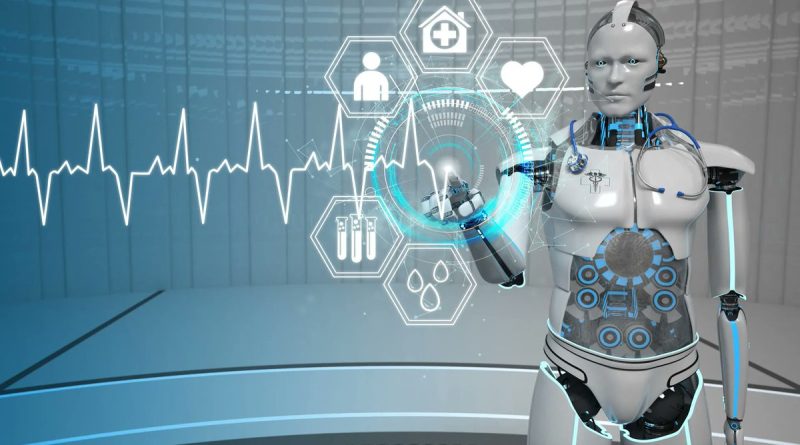ChatGPT was more accurate and responsive than doctors in communicating with patients
ChatGPT was more accurate and responsive than doctors in communicating with patients
Researchers at the University of California, San Diego, conducted an experiment to involve ChatGPT in hospital patient consultations. The neural network underwent express training based on conversations in the AskDocs subreddit, where 480,000 participants ask questions to doctors, and they respond when possible. The task was not to test ChatGPT’s medical knowledge, but to see how patients reacted to the neural network’s answers: in most cases, they needed more support than urgent treatment.
The idea came about after the medical system in the U.S. was on the verge of a crisis after the introduction of “virtual health care” during the COVID-19 pandemic. Patients were allowed to text their doctors with questions so they wouldn’t have to contact them physically because of the isolation. The number of inquiries increased 1.6-fold, each message required at least 2 minutes to be filed in the medical record, and doctors worked after-hours. As a result, 62% of doctors reported burnout at work and refused to continue the experiment.
In the new experiment, ChatGPT gave answers to different questions, and licensed physicians checked them without knowing who the author was. There were two evaluation criteria: the quality of the answer and the responsiveness of the responder. In 79% of the cases, the neural network was better than live doctors: it was 3.6 times more likely to give accurate answers and was 9.8 times more responsive in its wording. The result did not surprise the researchers much – due to professional emotional deformation, many doctors stop sympathizing with their patients and treat them as an “object of work” to be cured, but no more than that.
Clearly, no one would trust ChatGPT or other AIs to treat people or give them autonomous diagnoses. However, they could very well be tasked with conducting consultations, answering the same questions thousands of times in a row according to a standard scheme, listening to complaints and giving sound advice. This would help to relieve the burden on doctors and provide attention to every patient.
You may be interested: On June 1, the U.S. may run out of money
